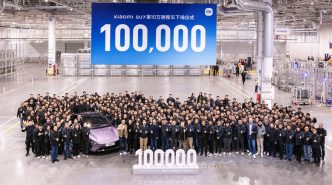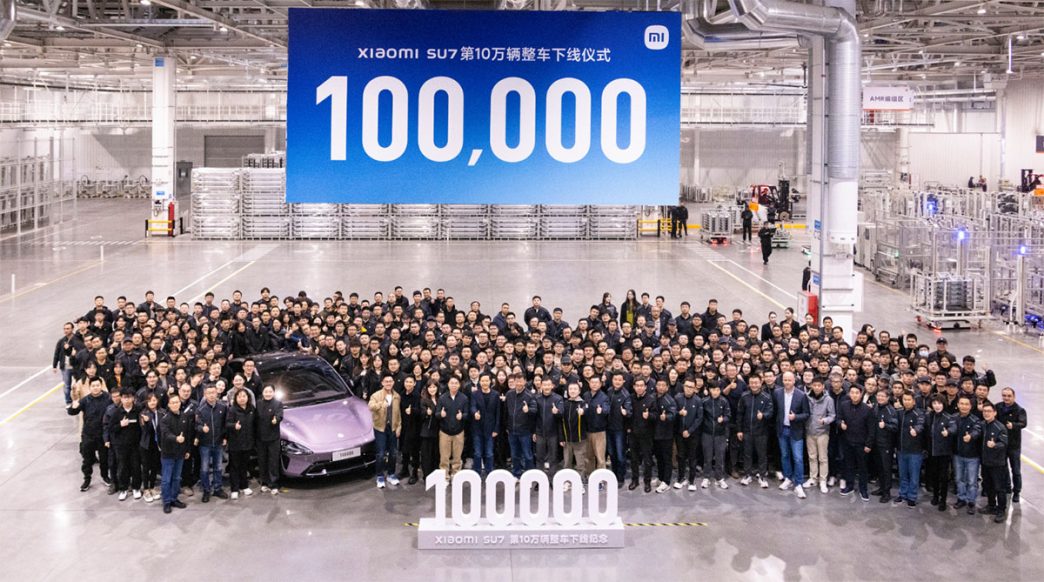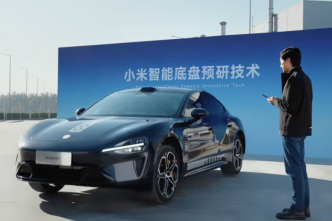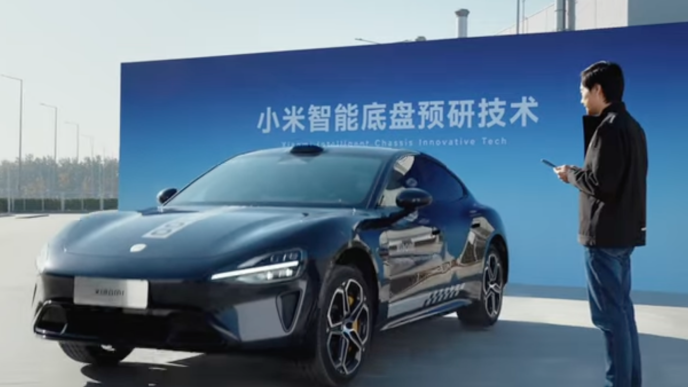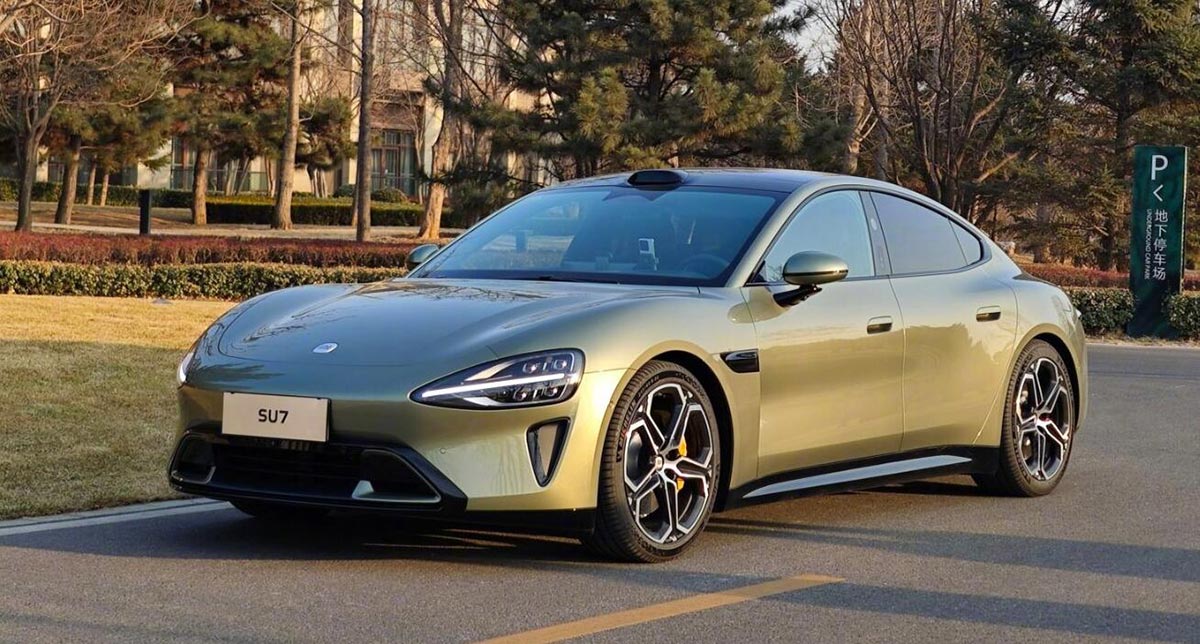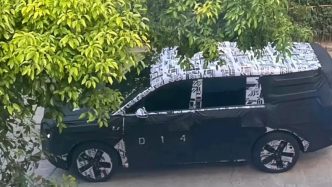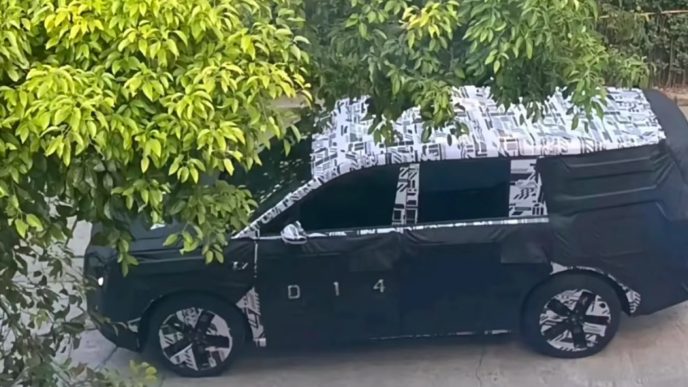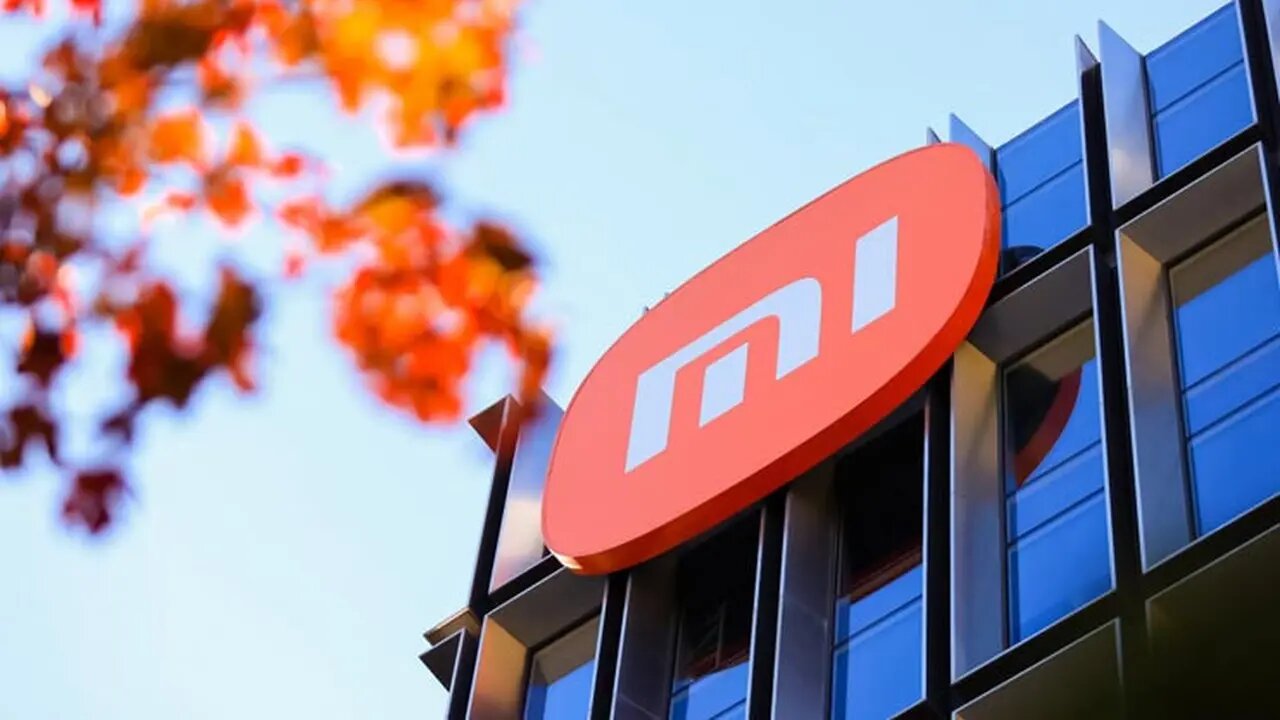Xiaomi EV, the automotive arm of Chinese tech giant Xiaomi Corp, celebrated a milestone as the 100,000th unit of its inaugural electric vehicle, the SU7, rolled off the production line. The achievement comes only 230 days after the launch of the SU7, signaling rapid production progress for the company’s new venture into the electric vehicle (EV) market.
Xiaomi founder and CEO Lei Jun announced the milestone on social media platform Weibo, remarking, “As a newcomer to the auto industry, this speed is already remarkable.” Lei shared that he visited the Xiaomi EV plant early in the day and spent some time resting on the factory floor before the scheduled celebration ceremony.
Xiaomi formally entered the automotive sector on March 30, 2021, and launched the SU7—designed to compete with Tesla’s Model 3—on March 28, 2023. The SU7 is available in three versions—Standard, Pro, and Max—priced from RMB 215,900 ($29,850) to RMB 299,900. In October, the company also introduced a high-end SU7 Ultra model at a pre-sale price of RMB 814,900, which is set to debut publicly at the Guangzhou auto show on November 15 before its official launch in March 2025.
Xiaomi’s production success with the SU7 has exceeded expectations, with the company projecting a total of 100,000 SU7 series deliveries ahead of schedule. Xiaomi has set a new target of 120,000 units for the full year of 2024. While official delivery data for the 100,000th SU7 has yet to be released, Lei’s remarks indicate it may be imminent, factoring in logistical timelines.
Xiaomi reported that SU7 monthly deliveries topped 10,000 units from July through September and reached over 20,000 units in October. Production capacity is set to rise further, with anticipated output reaching 24,000 units monthly in November and December, according to a report by 36kr. The SU7 is manufactured at Xiaomi’s Beijing plant, which has an annual capacity of 150,000 units in its first phase. The plant is currently operating at a high capacity utilization rate, nearing 200%, as the company seeks to meet the robust demand for its first EV model.

